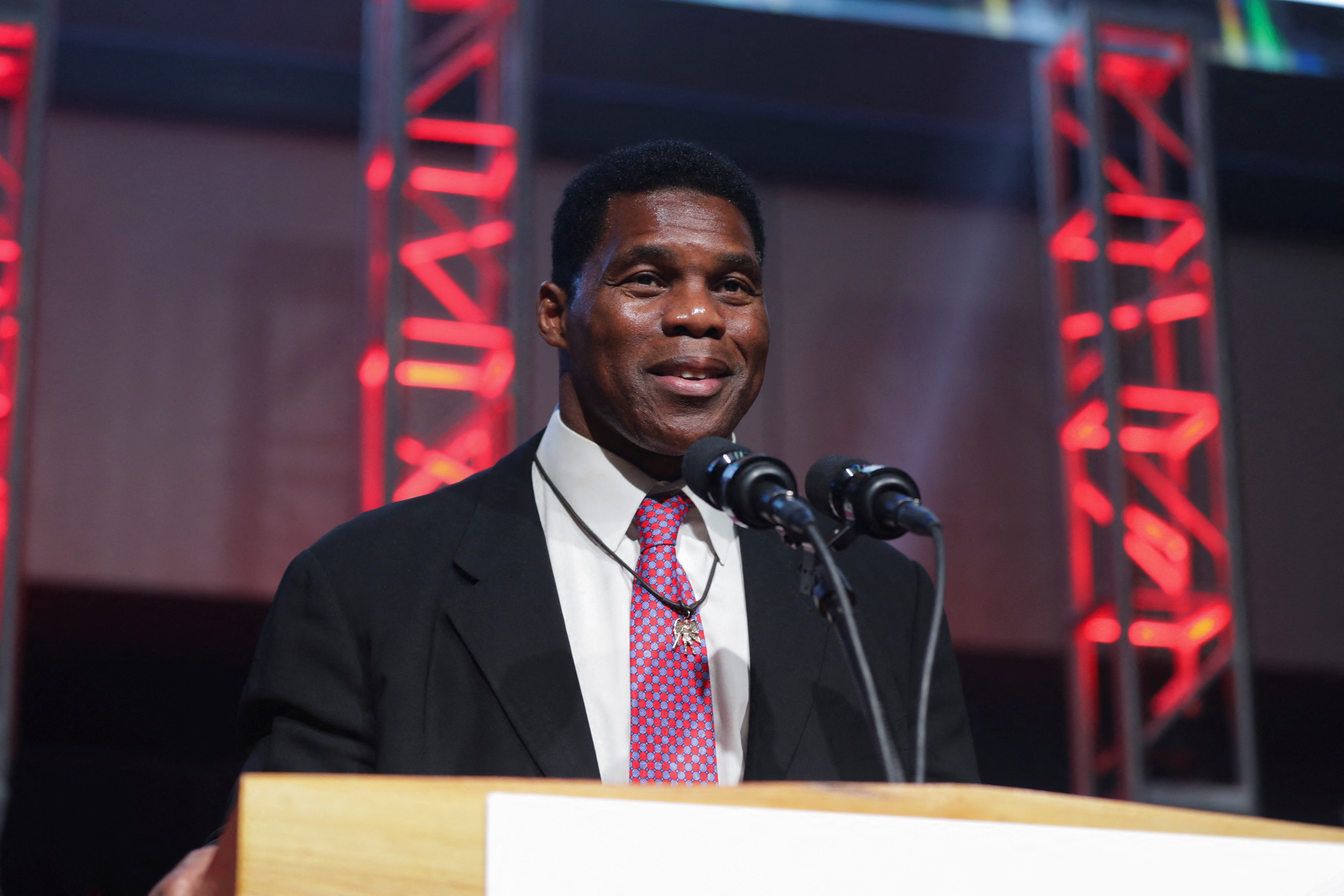
Taiwan’s economy minister said on Wednesday that the island remains chipmaker TSMC’s most important production base after the company announced it would more than triple planned investment at its new Arizona plant to $40 billion.
TSMC’s Arizona factory has sparked concerns in Taiwan, where semiconductor manufacturing is the backbone of the economy, about a “goodbye to Taiwan” trend among chip firms. TSMC, which makes most its chips in Taiwan, is also building a factory in Japan.
The first Arizona chip fabrication facility, or fab, will be operational by 2024 while the second facility nearby will make the most advanced chips currently in production, called “3 nanometre,” by 2026.
Speaking on the sidelines of parliament, Taiwan Economy Minister Wang Mei-hua said the island’s position as a major semiconductor producer and maker of the most advanced chips was secure.
“TSMC’s research and development centre is in Taiwan, the complete supply chain is here,” she said. “Taiwan has a complete supply chain, a complete system, and the backing of the government. It is definitely TSMC’s most important production base.”
The production of 3nm chips is already happening in Taiwan, and the even more advanced 2nm and 1nm development and production in Taiwan are also on track, Wang added.
Kung Ming-hsin, head of Taiwan’s National Development Council who attended Tuesday’s “tool-in” ceremony for the Arizona plant in Phoenix, decried what he called a wrong theory about chip makers abandoning the island.
“Some people domestically are now deliberately manipulating the good things of this kind of cooperation as ‘the semiconductor industry chain is leaving Taiwan’, which is an incorrect statement,” his office cited him as saying.
Kung sits on TSMC’s board as a representative of its largest shareholder, the government’s National Development Fund.
Taiwan Semiconductor Manufacturing Co Ltd (2330.TW), , as it is formally called, has repeatedly said that the bulk of its manufacturing will remain in Taiwan.
TSMC’s Taipei-listed shares closed down 0.6% on Wednesday, in line with the broader index (.TWII).
The company is the world’s largest contract chip maker and a major supplier to global tech firms including Apple Inc (AAPL.O).
U.S. President Joe Biden has sought to boost semiconductor production at home after the COVID-19 pandemic caused supply chain problems that led to shortages of chips for vehicles and many other items.
Taiwan has been keen to show the United States, its most important international supporter and arms seller in the face of mounting Chinese military pressure, that as a “like-minded democracy” it is a reliable semiconductor partner and supplier and has supported the Arizona plans.
But the government is also rolling out more support for the chip industry at home, including proposing larger tax breaks for technology companies’ research and development to retain its competitive edge.
It is also encouraging more foreign tech firms in the chip supply chain to invest in Taiwan.
Premier Su Tseng-chang said late on Tuesday that his deputy Shen Jong-chin was leading a task force to promote such investments.






